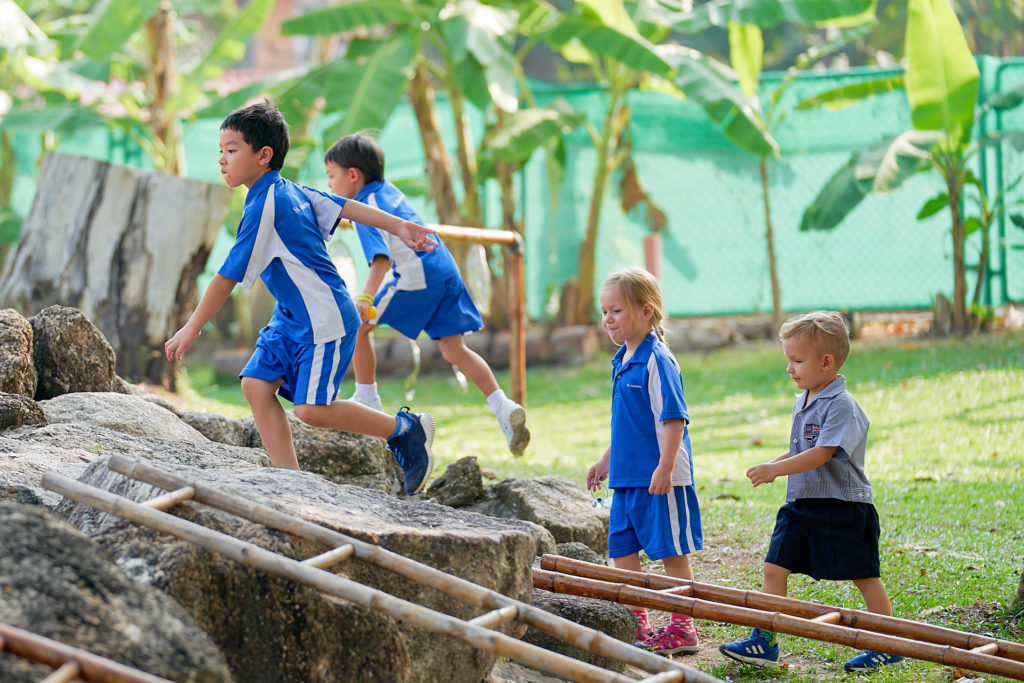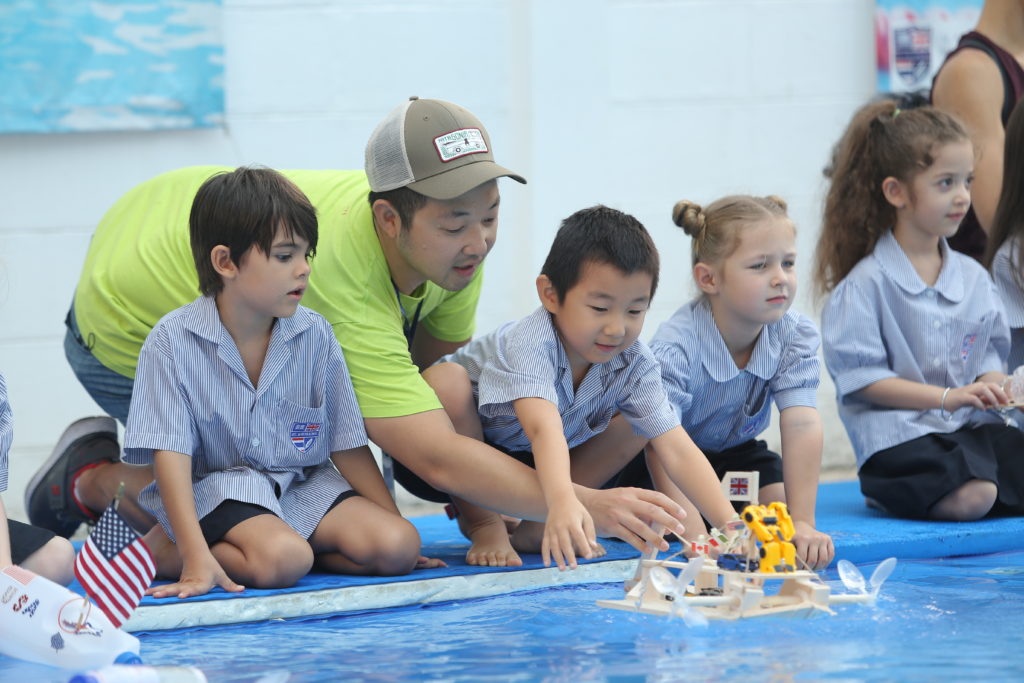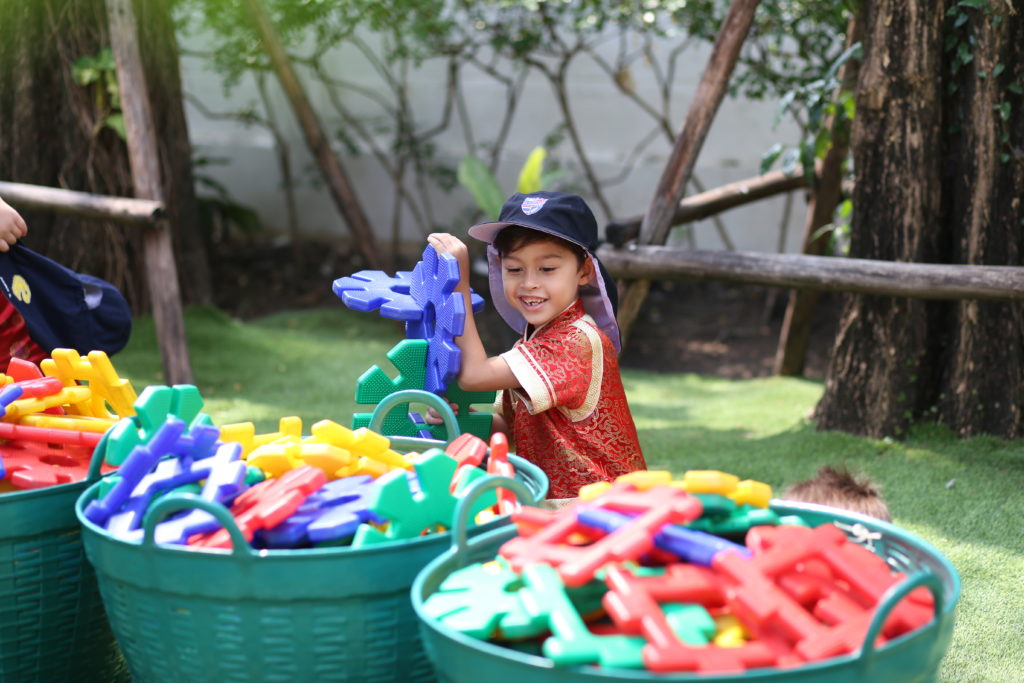From early years to IB, outdoor learning has an integral place in every student’s learning journey.
Learning that takes place beyond the classroom provides unique and memorable learning experiences that enhances academic ability, well being and environmental stewardship. Here are just a few of the benefits of outdoor learning.
Creating memorable Learning Experiences
Research suggests that learning that takes place in a variety of environments helps to create novelty, which allows a space for students to draw on their learning experience at a later date. Learning outside of the classroom can create opportunities for deeper understanding of the topic through hands-on activities. Such activities create an engaging experience which allows children to actively embrace the skill at hand and remember those skills as part of the experiential learning activity. The result is that children are later able to recall the skills and knowledge that was learnt whilst simultaneously recalling the fun experience they had while learning it! This experiential learning has been a foundation of pedagogy since the times of Aristotle, and has been a golden thread in the foundations of education philosophy around the world.

Outdoor learning aids the transfer of knowledge
Experiential interactions enhance children’s levels of meta-cognition, reflective thinking and transfer of knowledge. A lesson learnt during an outdoor experience will be a lesson transferred into many aspects of one’s life. Through outdoor learning, children learn to understand their character and their limits, whilst also having the opportunity to reach their full potential and embrace all that their environment has to offer them. They will learn to be confident in the face of new challenges, whilst simultaneously being assured in their own ability. The Hunger Games novels, for example, highlights the importance of survival skills over combat skills. As part of their curriculum, students learn that the outcome of many historical events, such as wars, were often due to the inability to meet the basic needs of survival rather than to combat. Students can reinforce this knowledge through their own outdoor understanding of basic survival skills, and can in turn gain an empathy and deeper understanding of historical events whilst being able to use this experience in English comparisons.

Outdoor learning promotes well being and environmental stewardship
It is well known that spending time outdoors helps us to connect with others, ourselves and the environment. It has also been shown to increase mindfulness, and even scientifically revitalises the body! Studies find that more time outdoors promotes happiness, boosts energy and helps with getting a good night’s sleep; but it also helps us to appreciate the environment and encourages us to care for it! More often than not, schools are working to integrate the outdoor environment into curriculums around the world. The St Andrews International Schools Group, Thailand, are on the forefront of outdoor education, with outdoor assemblies and integrated forest school curriculums, as well as some of the most unique outdoor school environments in Thailand. Outdoor learning is embraced and children benefit from regular interactions with nature. So, what’s stopping you from learning
outdoors today?














